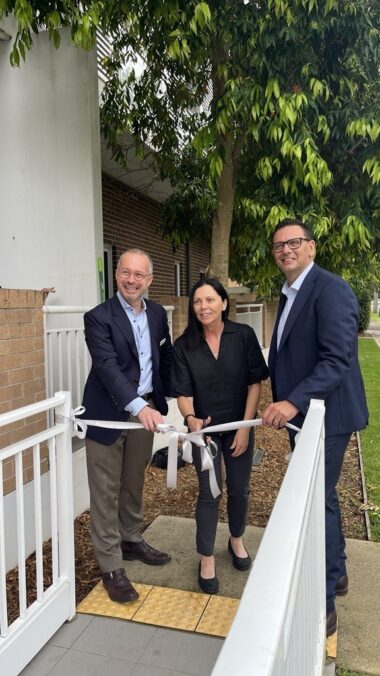A group of leading Indigenous and global health researchers have been published today in the world’s leading global health journal, The Lancet Global Health, saying the Voice to parliament is a crucial step to securing genuine progress on Indigenous health and wellbeing.
The group says a constitutionally enshrined Voice would also advance global health equity.
“A constitutionally enshrined Voice is the greatest opportunity right now to contribute to meaningful progress on closing the gap on Indigenous health, wellbeing and life expectancy,” said Palawa man and University of Tasmania Deputy Vice-Chancellor (Academic) Ian Anderson, who co-authored the piece, titled Enshrining a First Nations Voice to Australian Parliament will advance global health equity.
“The Voice will create the conditions needed to boost housing, education and health outcomes for Indigenous Australians and, in turn, help advance global health equity."
Prof Anderson – and fellow co-authors Seye Abimbola, Selina Namchee Lo, Paul Stewart, Brendan Crabb, Janine Mohamed, Helen Evans, Anushka Patel, Jane Fisher – said the principles behind the Voice were consistent with public health principles, backed by the evidence, and linked to positive health and wellbeing outcomes. Unlike New Zealand, Canada or the US, Australia has not signed a treaty with its Indigenous peoples.
They identified the referendum on October 14 as a historic moment in Indigenous self-determination, consistent with the UN Declaration on the Rights of Indigenous Peoples.
“For Australia to reckon with its past and engage in truth telling, it must listen to and respect the knowledge of the country’s First Nations peoples,” Prof Anderson said.
Media contacts:
Georgie Moore 0477 779 928
Nick Lucchinelli 0422 229 032

